#KahliBuds #MMJ #CBD #THC
All photos courtesy of Tommy Avallone
In 2018, while completing work on his documentary The Bill Murray Stories: Life Lessons Learned from a Mythical Man, filmmaker Tommy Avallone contacted Brian Dwyer, who was at the time co-owner of Pizza Brain, a Philadelphia-based parlor that also housed his Guinness World Records-worthy collection of pizza memorabilia. Avallone thought that they could collaborate on a film project about Brian’s pizza obsession — and then he heard about his son, Waldo.
Born Waldo James Mysterious Dwyer in 2014, Waldo was a big — make that BIG (13 lb, 8.5 oz) — happy baby, and to Brian and his wife, Danielle, he was everything that one could hope for and dream about in a child. But then the Dwyers saw a dull spot in one of Waldo's eyes, and a shadow was cast over the dream. Waldo was diagnosed with bilateral retinoblastoma, a rare and aggressive form of cancer. Doctors suggested that to combat the chance of blindness — or worse — Waldo should undergo chemotherapy.
And then came the part that hooked Tommy, a devotee of what he calls "stories that are very human." The chemotherapy only seemed to make Waldo sicker, and the Dwyers were desperate. Enter his friends Mike and Larry — Waldo's self-described "uncles" — who mentioned the then-recent case of a three-year-old with leukemia who appeared to reverse a terminal diagnosis with the help of medical cannabis. Might this also give Waldo a lifeline?
And so began the Dwyers' four-year, cross-country journey to save their son with cannabis oil, a quest documented in part on Brian's Flip Video camera, and which forms the core of Avallone's documentary, Waldo on Weed. The film, which debuts on iTunes and other streaming platforms, as well as DVD and Blu-ray, on March 17, follows the Dwyers as they not only educate themselves about CBD oil — with the help of grower/manufacturer Matt Rize and cannabis advocate Dr. Dina — but also learn to administer it to their son and contend with family members who are firmly opposed to their choice. Oh, and this being 2014, Brian and his friends also risk jail time to smuggle the oil from California to Philadelphia.
Avallone, who came to Waldo after two other filmmakers had worked on it, served as director, editor, and co-producer with a team that included the film's cinematographer, Derrick Kunzer, veteran independent producers Raymond Esposito and Lee Leshen, and actor Whoopi Goldberg and her producing/business partner, Tom Leonardis. "We were lucky enough to have them to help educate us on cannabis," Avallone told MERRY JANE.
Waldo, which premiered at the Tribeca Film Festival in 2019, puts a very human face on the medical cannabis debate, and includes Avallone's interviews with figures on both sides of the argument, from Harvard Medical School associate professor and marijuana researcher Dr. Staci Gruber to Scott Chipman, co-founder of Citizens Against Legalizing Marijuana (CALM). But for Avallone, the film transcends issues of advocacy or politics or medicine. "The story is, 'What would a father do to save his son?'" he explained.
In an email to MERRY JANE, Brian also expounded on the film's ultimate message and its release during a period of global turmoil due to the coronavirus pandemic.
"In light of this unprecedented moment in time, it feels important to offer one another some tangible semblance of resilience and hope right now... in whatever form. Making decisions in the face of fear, and looking deep within ourselves in times of growing uncertainty, is what this documentary is a portrait of.
That’s what it has come to represent for me and my kin, anyway.
May this simple story find the audience that needs it. May Waldo’s unshakable joy and laughter — and all that that entails — be healing medicine for anyone who encounters it. May it ever Be."
MERRY JANE spoke with Tommy Avallone about making the film, the advantages of utilizing a small crew, his own experiences with weed, and the current state of Waldo's health.
This interview has been edited for length and clarity.
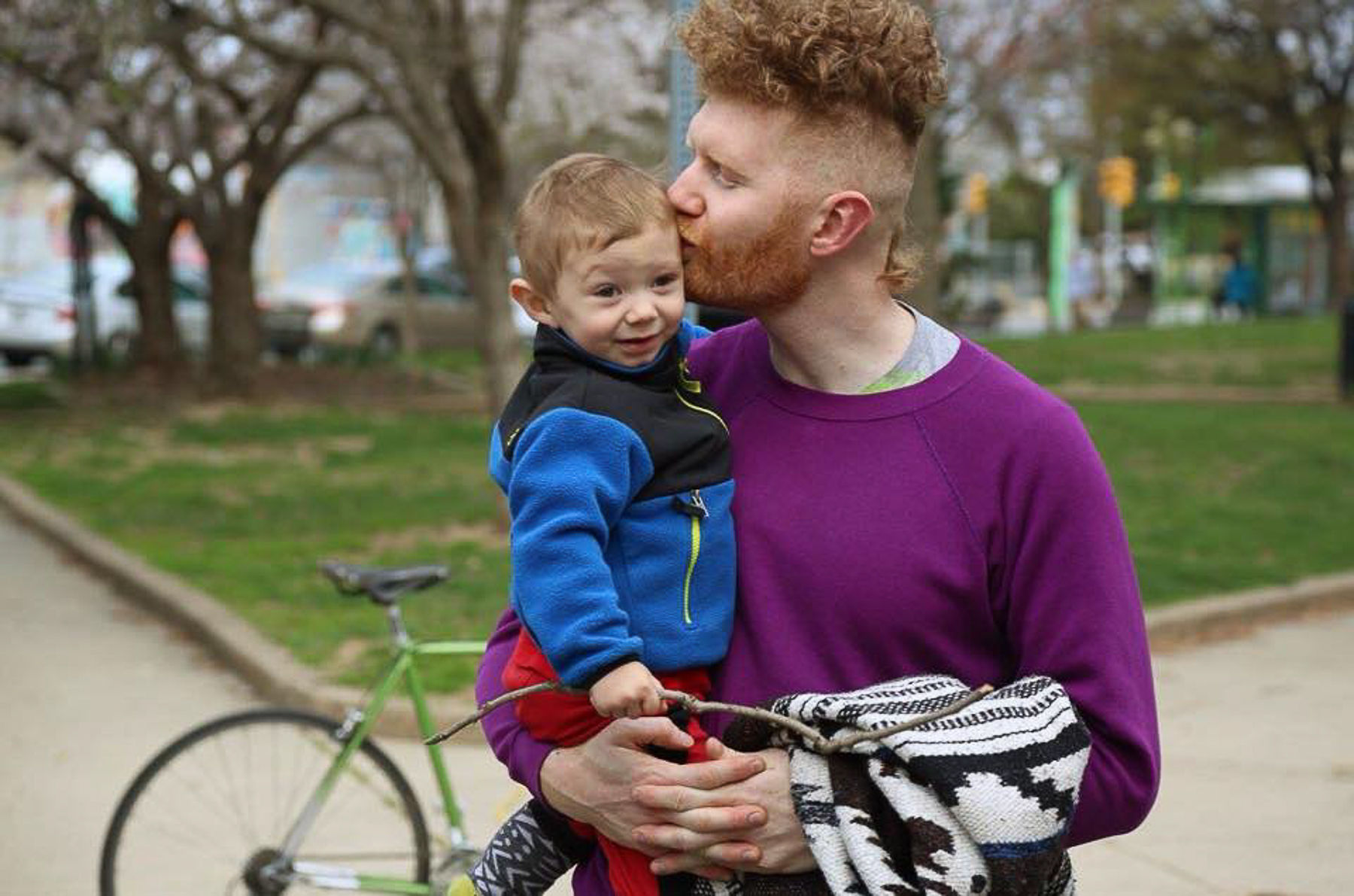
MERRY JANE: How did your career as a filmmaker begin?
Tommy Avallone: I got into making documentaries in 2014 with I Am Santa Claus. That began with a question: "I wonder what it's like to be someone who portrays Santa at the mall. What's it like for him all year round?" I wanted to find human stories, and in that case, it was about people who just happened to be Santa. For me, that's the best way to tell that story.
I'm not a fact-driven person, even in school. I thought, "Tell me a story, and I'll learn that way." That's how it was with Bill Murray Stories. You learn, story by story, about the philosophy that Bill is living.
So, how did your path to Waldo begin?
I worked in Philadelphia, and Brian was a well-known character in the city. I liked his social media posts, and he was a funny guy. But he told me about Waldo, who had finished his first round of chemo, and how he had become a "dadvocate" for medical marijuana.
Brian and I really bonded over our [respective] kids — and Danielle was involved, as well — and what a father would do to save his son. He wanted to say something about what was happening [with his son], but didn't know what that was. So, we took all of Brian's Flip camera footage, which was his way of making a big home video for Waldo to see one day, and we did additional interviews to make a story around it.
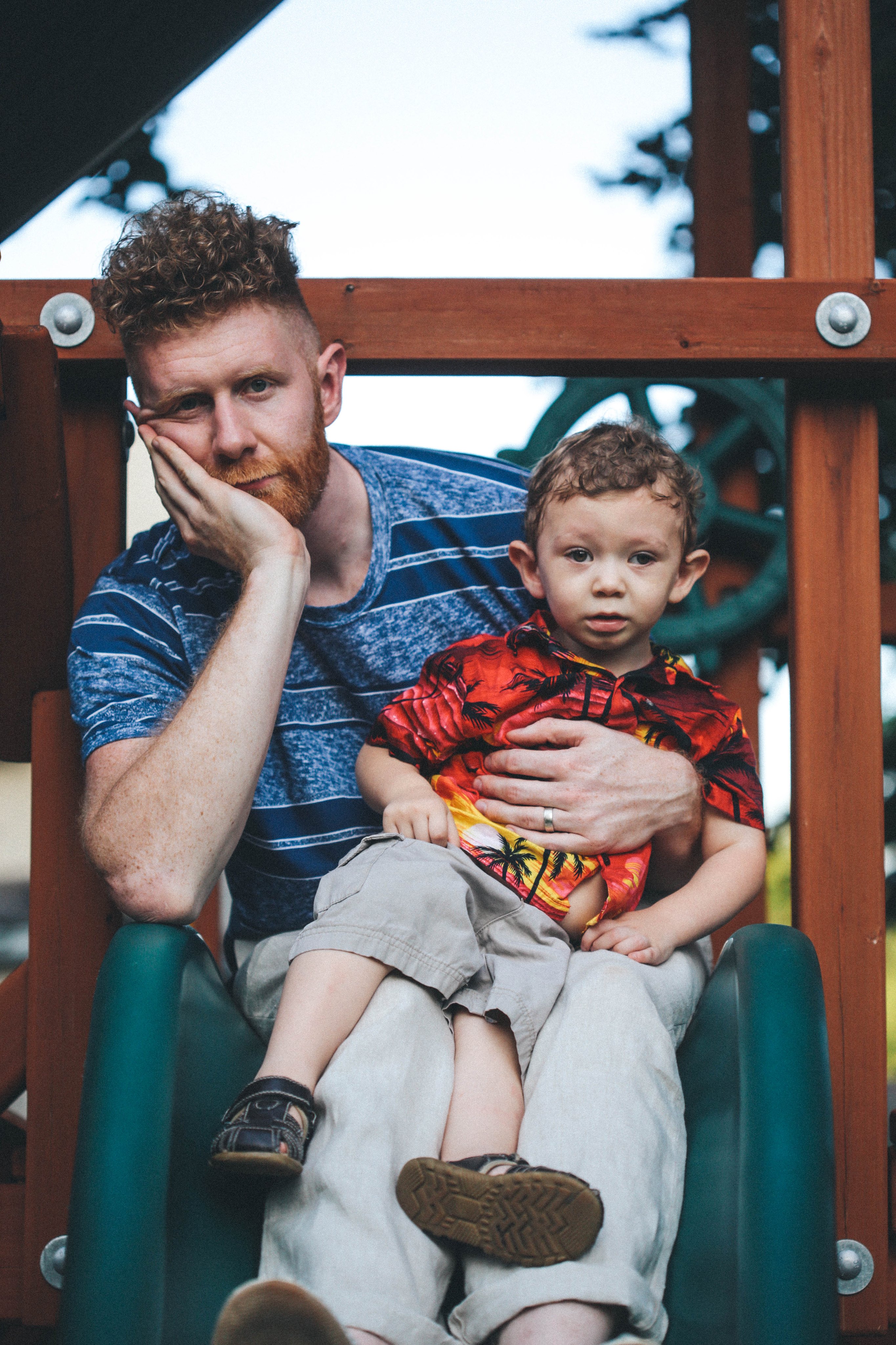
You weren't the first director to work on the project.
The first director was more politically focused — [Waldo's uncles] Mike and Larry were also buying cannabis for other patients during that time, so there was going to be a bit more of that footage. But one thing led to another, and that didn't work out, so a second director came on. They really wanted to make a short film that focused on Brian, and that was about it.
When I came on, the other filmmakers stayed on as co-executive producers — there was no bad blood. And Brian and Danielle's story was still evolving — he was still growing and healing, and they had changed locations (to San Francisco and, ultimately, Oregon). Their story felt more like a wrap-up once they had become comfortable with the changes in location.
And you know, I didn't think it was [just] a cannabis story. Cannabis was just what they did. When my cameraman and producing partner, Derrick Kuzner, and I thought about cannabis movies, we thought Cheech and Chong and Half-Baked. We didn't use it ourselves, and I didn’t particularly educate myself on it. I always wanted to focus on the story of Brian and Danielle. What was their journey? Everything else sprung from there.
It's not a cannabis movie, but did the experience of making Waldo give you any more insight into cannabis?
Well, I still wouldn't smoke it, but I don't like smoking anything. But after talking to the doctors [that appear in the film], I can see some of the benefits, even for situations that don't involve cancer. I still don't know enough about the people who grow or manufacture it to make my own educated decision if I had to use it for medical reasons. But if any of my loved ones had cancer, I would call [grower] Matt Rize in a second.
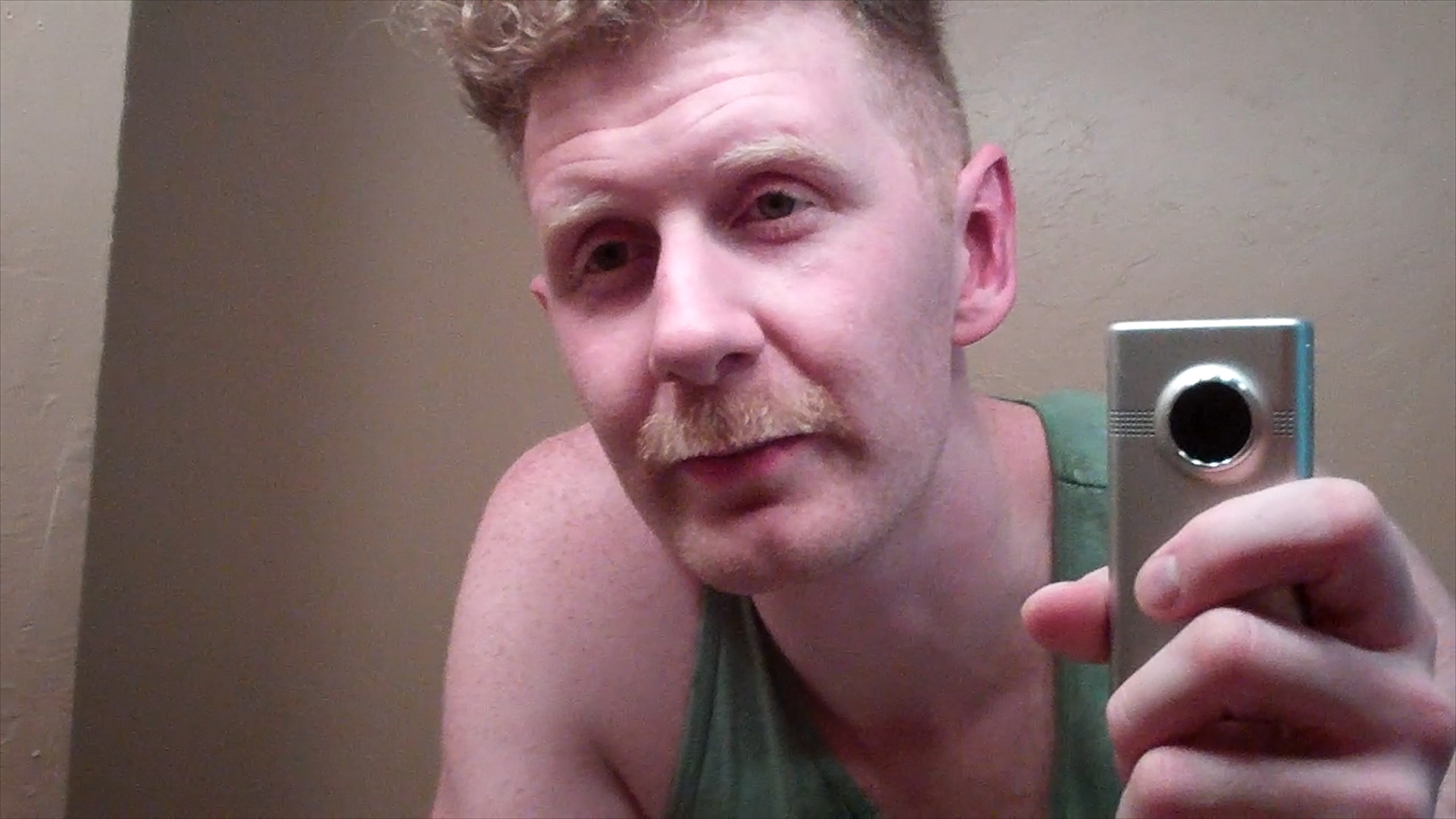
In addition to the doctors featured in the film, like Staci Gruber, you also give screen time to Scott Chipman of Citizens Against Legalizing Marijuana (CALM), who makes his case against medical marijuana.
Yes, that was very important to us. We're existing with someone [who's watching the movie] for 90 minutes and who might say, "I don't understand what the issue is." With CALM, what he was saying wasn't wrong. A lot of this stuff does need to be checked and regulated. And that applies to everyone who advocates it, as well.
We didn't include this in the movie, but we also spoke to Parents 4 Pot, and I thought that they and CALM were essentially saying the same thing. CALM says that cannabis isn't safe and needs to be regulated, which is why it should remain illegal. Parents 4 Pot are also saying that it needs to be regulated so that the proper things that should be in medical cannabis are in it, and that's why it should be legal. It's the same thing, but with different results.
They are both ultimately advocating for safety, you're saying.
Exactly. When you talk to Parents 4 Pot, their position is: “Of course [Waldo] needs to take this. What else are [the Dwyers] going to do?” And if you talk to CALM, their opinion is: “We're not monsters. We're not saying that the kid shouldn't be taking this. But people should be educated before they do this.”
And the Dwyers were educated — they didn't go into this blind. They had Mike and Larry do their research, and found a “medicine maker,” to use their words, that would provide them with the cleanest scenario.
We were very honest with Scott Chipman about the movie. We wanted someone from the other side of the argument to explain the trepidation about this or about the missteps that someone could make. We weren't making a [pro-cannabis] commercial. We wanted to tell one family's story. But we also wanted to speak to someone who would see this movie and ask, "Why isn't this legal?"
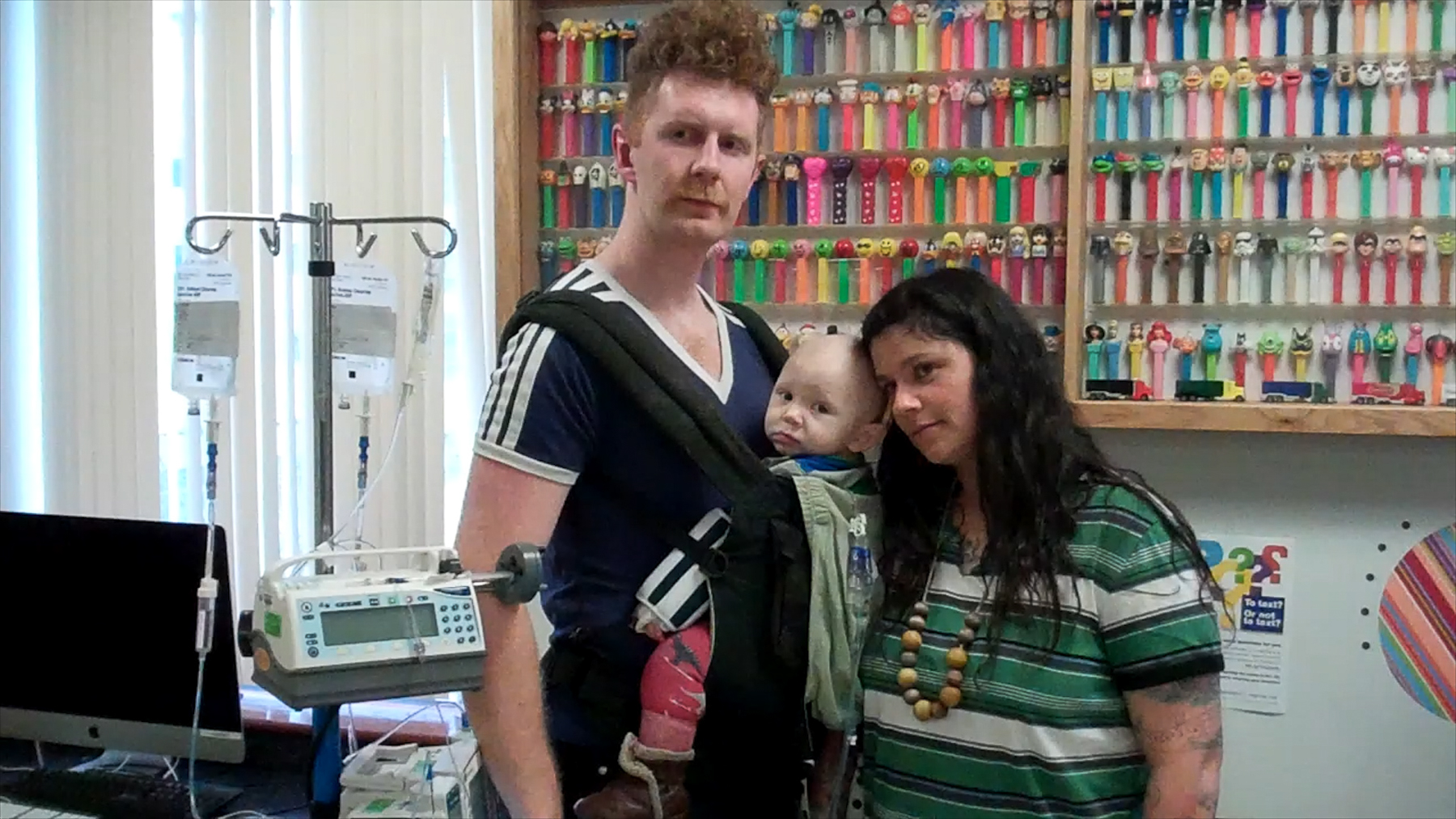
Can you talk about some of the challenges you faced in making Waldo?
At the time [we began working on it], Derrick was still in Philly, and I had just moved to California. But on what was probably our busiest day of filming, Derrick drove to Boston to do the Harvard interview, and our producing partner, Lee Leshen, who is based in New York, met him there while I also flew out to Boston. Lee then took the train home to New York while Derrick and I flew out to Oregon to do all of those interviews [with the Dwyers], and then flew down to LA and then drove an hour south to do the CALM interview. Derrick then flew back to Philadelphia to grab one more interview.
It was a lot of that sort of thing, but it was a very small crew — sometimes just me and Derrick, and sometimes me and our other producing partner, Josh Bender.
I don't like more than three or four people on a crew — I feel like when you're talking about intimate things [like this], you won't get that level of comfort with a big crew, and people [on camera] are going to want to perform with more than a few people on the crew. For better or worse, I'll always pick a smaller crew and better material over better shots. I don't know if that makes me a good director or not [laughs].
How did you choose the interviewees in the film?
Dr. Dina was part of Brian and Danielle and Waldo's story. When Mike and Larry reached out to Matt Rize, he was the only person from whom they could buy [cannabis] in California [at the time]. And we spoke to [Dr. Dina] not as someone who owns and operates a successful cannabis shop, but as someone who helps the Dwyers. There were very few people outside the Dwyers' story — as far as Staci Gruber, we knew she was one of the top people in the field.
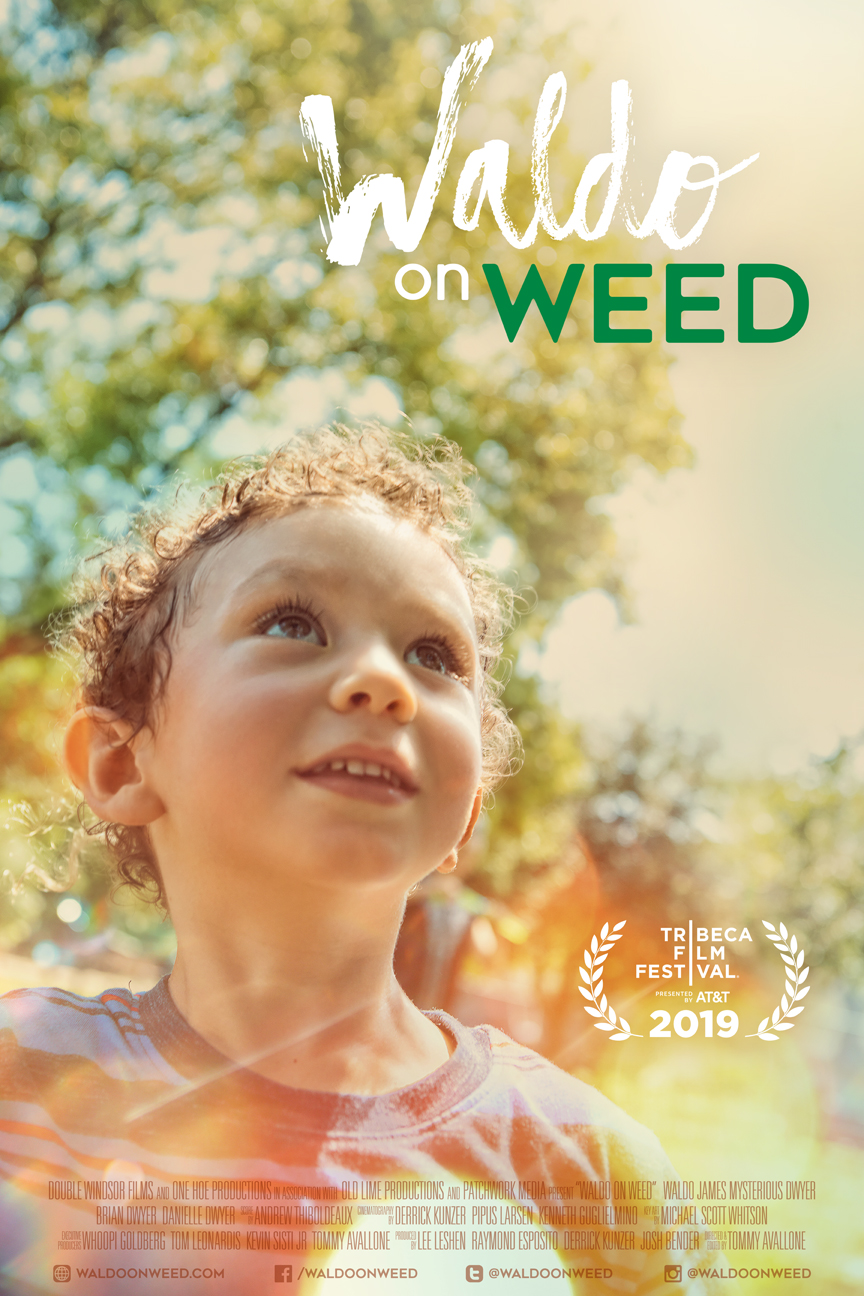
The question that I think everyone who's seen the film, as well as those who might be reading this and have not, is: How's Waldo currently doing?
He's great. He's almost six-years-old now. He's a very funny, awesome kid. I feel like he's going to be a very talented musician. His parents are very musical, and I feel like when he becomes a famous musician, this movie will be his origin story [laughs].
I remember when we premiered the movie at Tribeca, there's a clip where Brian is speaking into the Flip cam and says, "Waldo, one day you're going to watch this, and maybe you'll remember [this time] or not." And I realized that I was watching the movie with Brian and Danielle and Waldo, and Waldo is watching an image of his dad from four years ago, and everything worked out. That moment was intense.
What do you hope viewers take away from Waldo, and what did you, as a filmmaker, take away from the experience?
There's one part in the movie that takes place after [Waldo's] first round of chemo, in which Danielle says, "I wish we were able to know what worked." Was it the chemo, the cannabis, or the two in conjunction with each other? And in the film, Waldo comes in as she's saying that, and it's a cute moment, and it's where we leave the movie. And I feel like we're only a certain amount of time away from knowing what medical cannabis can do, and stories like Waldo's are helpful in giving people hope about that.
As for myself, the movies I made before this were all pop culture-related, so it was really weird to talk to doctors and politicians — I felt like a real documentarian [laughs]. I love what's happening after screenings of the movie. Audiences will follow the Dwyers into the lobby and ask them questions. For me, that's the most interesting thing about the movie — it starts a conversation. It's not for or against cannabis. It's about illness and what you're willing to do. And it's not like any other movie that I've been a part of.
For more on “Waldo on Weed,” watch the documentary here
420GrowLife
via www.KahliBuds.com
Paul Gaita, KahliBuds, 420GrowLife
- Share:

0 comments